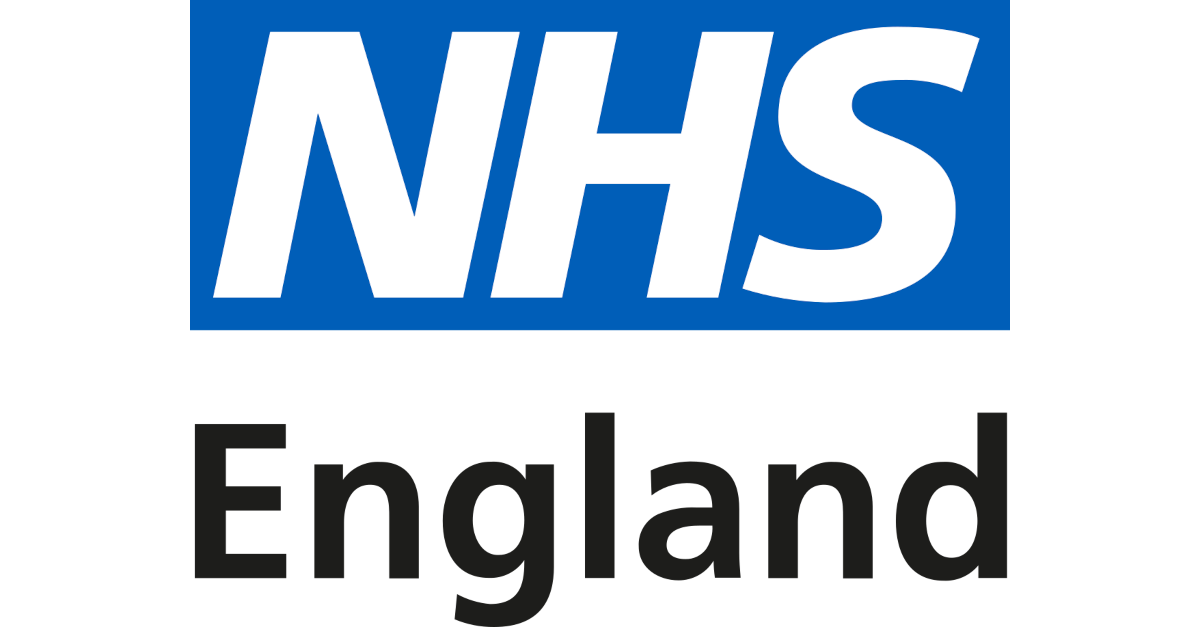The NHS is urging people to come forward for their flu vaccination without delay so they and their families are protected in time for Christmas.
UK Health Security Agency (UKHSA) data shows flu cases are highest among those aged 5 to 14, and the NHS is urging those eligible for a flu jab to make sure they’re protected in time for family get togethers over the festive period.
It normally takes about 2 weeks following a flu jab to offer maximum protection, meaning those who want to be protected for Christmas day get togethers will need to be jabbed by Wednesday 11 December.
Hospitals in England are managing record flu levels for this time of year as fears of a potential ‘quad-demic’ continue to rise, with a 350% increase in hospital flu cases compared to the same week last year.
Latest figures show the NHS is going into winter under more pressure than ever before with an average of 1,099 people in hospital with flu every day last week compared to 243 in the same week last year – the highest number of cases heading into winter for at least 3 years.
More than 27 million jabs have already been carried out for flu, COVID-19 and respiratory syncytial virus (RSV) in England, but the NHS is urging more people to come forward so they can protect themselves and their families over Christmas.
It is never too late to get jabbed however, and people have until the end of 19 December to book COVID-19 and flu vaccination appointments on the NHS online booking system, NHS App and 119 phone service.
Professor Sir Stephen Powis, National Medical Director for NHS England, said: “Flu cases are skyrocketing so it’s now or never for older people and children to get themselves jabbed and protected ahead of any family get-togethers they have planned over the festive period.
“Every Christmas we see far too many older adults and children admitted to hospital because of flu, and the best way to avoid this situation is getting your flu jab if you are eligible.
“The flu vaccine is our best defence against winter viruses, and it also helps to reduce pressure on hospitals and hard-working NHS staff who will be working flat out over the Christmas break.
“So I would urge anyone who’s eligible to add booking their flu jab to their list of things to do in the run up to Christmas so they can protect themselves and their families this December”.
Flu season usually peaks in December and January and the vaccine provides vital protection to prevent people from developing serious illnesses and ending up in hospital during the busy winter months.
It is usually given to children as a quick and painless spray up the nose – without the need for an injection – unless your child cannot have porcine gelatine in medical products, in which case an injected flu vaccine is available as an alternative.
It is still possible to book your vaccinations after 19 December through local NHS vaccination services, like pharmacies or walk-in sites. However, there will be fewer COVID-19 appointments, and you may need to travel further.
In line with advice from the Joint Committee on Vaccination and Immunisation, those currently eligible for a flu vaccine this year include:
- pregnant women
- all children aged 2 or 3 years on 31 August 2024
- primary school aged children (from reception to year 6)
- secondary school aged children (from year 7 to year 11)
- all children in clinical risk groups aged from 6 months to less than 18 years
- those aged 65 years and over
- those aged 18 years to under 65 years in clinical risk groups (as defined by the Green Book)
- those in long-stay residential care homes
- carers in receipt of carer’s allowance, or those who are the main carer of an elderly or disabled person
- close contacts of immunocompromised individuals
- frontline workers in a social care setting without an employer led occupational health scheme including those working for a registered residential care or nursing home, registered domiciliary care providers, voluntary managed hospice providers and those who receive direct payments (personal budgets) or personal health budgets, such as personal assistants
All NHS frontline health workers have also been offered the COVID-19 and flu vaccines, and encouraged to protect themselves and those they care for.
This month, for the first time ever, the NHS is also offering the respiratory syncytial virus (RSV) vaccine to pregnant women from 28 weeks and older adults aged 75 to 79. Pregnant women are encouraged to book their vaccine via their maternity service or GP practice and older adults should wait to be invited by the NHS.



